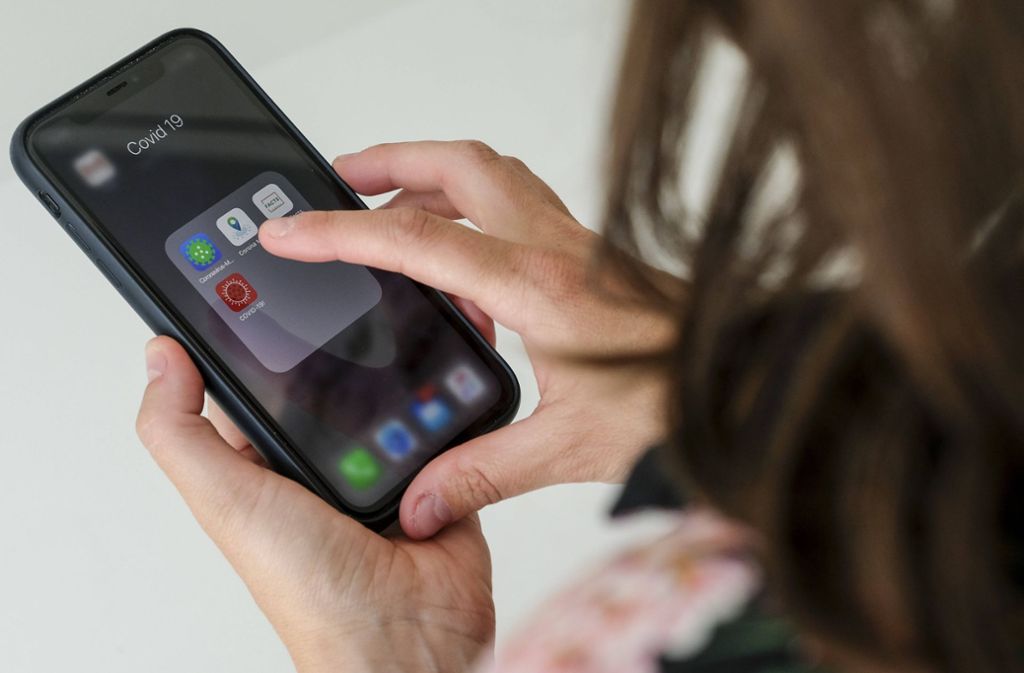Belgium will develop a contact tracing app to map coronavirus infections after all, according to Karina Moykens, the new chair of the Interfederal Committee Testing and Tracing.
Tracing the coronavirus infections in Belgium will happen through a combination of trackers in call centres and an app, according to Moykens.
"Last Friday, the Flemish government decided to give the go-ahead for the app. I now hope to find the support to develop an app for Belgium," she told Het Laatste Nieuws, adding that the app should be up and running in September, when people will likely be allowed to go to events again and the virus could be transmitted between people who do not know each other.
The goal is that the call centres will continue to do their job, and that the app will be used for the cases that would be missed with tracing through those centres. "It is important to identify contacts with people whose names or phone numbers you do not know," she said.
Privacy will be guaranteed, according to Moykens. "We work with the DP3T platform that offers the highest privacy guarantee. Germany, Switzerland and the Netherlands use the same technology," she said. The EU is also working on a technical solution for the exchange of information between national contact tracing and warning apps.
Related News
- Belgium's contact tracing coordinator resigns
- Data protection slows down creation of Belgian contact tracing app
- Over one million people use new corona-tracing app in France
"All data is encrypted. The moment a doctor finds out that you are infected, you get a code. You then enter the code using the app. At that moment, everyone who has been near you will get a signal on their mobile phone," Moykens explained.
The app registers the people it needs to signal automatically via Bluetooth, she said, adding that users do not have to type or click anything.
Currently, contact tracers make an average of 4.5 phone calls a day, compared to only 1.5 in the beginning, Moykens said on Radio 2 on Thursday.
People who receive a phone call from one of the tracers have to answer questions about who they have had physical contact with in the past 14 days. All the people on that list will then be called in turn.
"Preventive work remains important to prevent a second outbreak. If we better map the spread of the virus, a second major lockdown can be avoided," Moykens said.
Maïthé Chini
The Brussels Times

